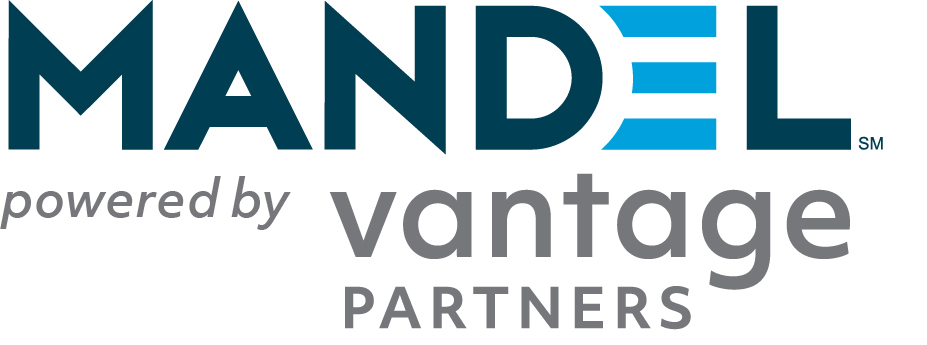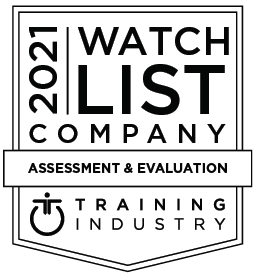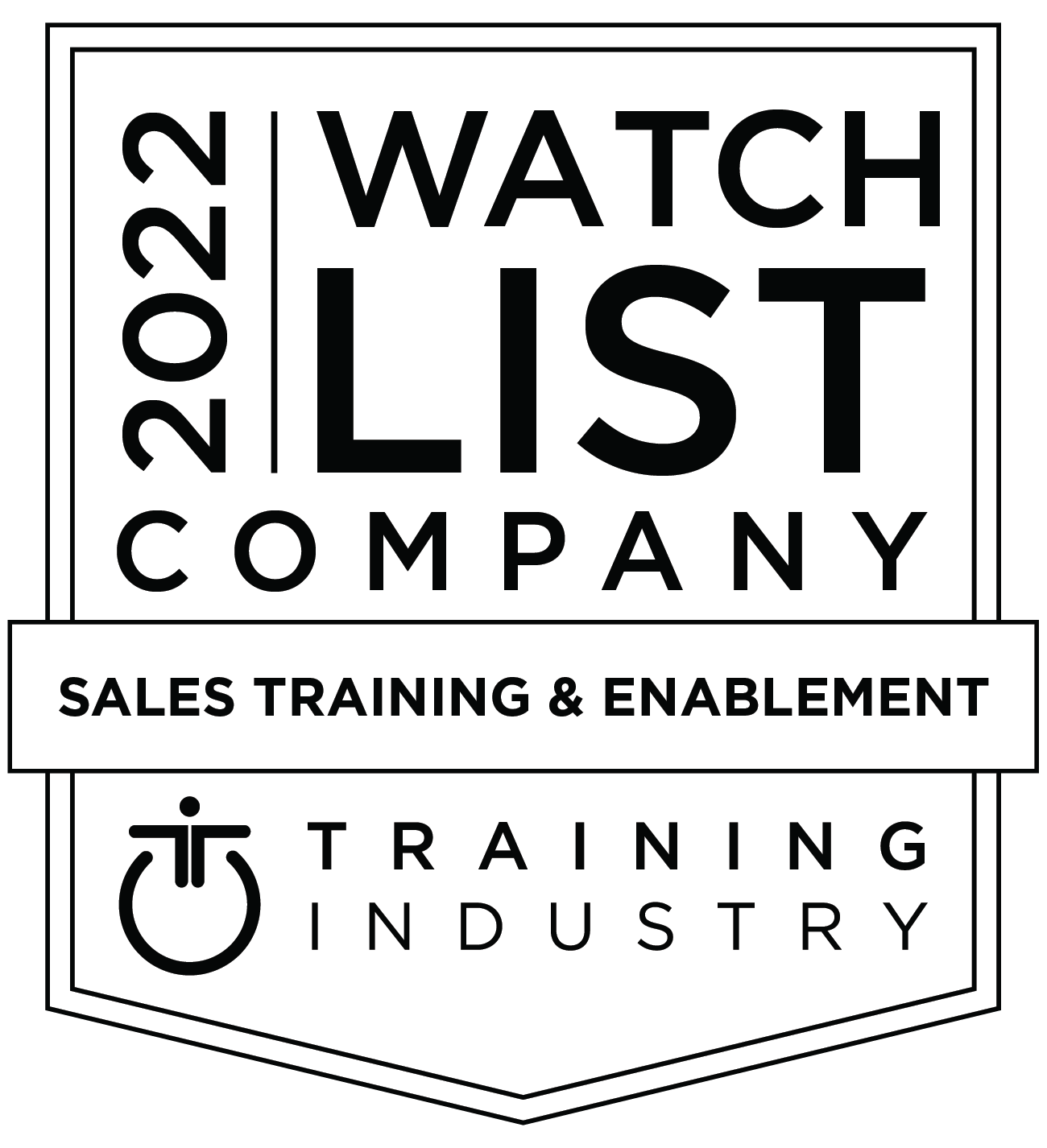Ever feel like you’re moving at a dizzying pace?
Or that you’re being pulled in a million different directions every day?
If trying to fulfill all of your personal and professional responsibilities leaves you feeling a bit starved for time, you’re not alone.
“Too little time” is the number one concern customers raise when it comes to training.
Organizations fear that pulling employees away from their jobs, even for a day or two, will negatively impact productivity and performance.
To mitigate this perceived risk some organizations opt to shorten training or, worse, skip it altogether believing it to be a “nice-to-have” instead of a necessity.
But when it comes to communications training, cutting corners could cost you.
Why?
Because it’s the one make-or-break skill every employee uses EVERY SINGLE DAY on the job, whether internally or when interacting with customers.
Effective communication skills help people unearth new ideas, engage opportunities, strengthen relationships, calm fears, influence actions, enhance promotions, drive strategies, sell solutions, motivate people, and win deals.
The potential return on communications training far outweighs the costs of taking employees out of the field for a couple of days.
What are the costs of NOT training people?
Poor communication costs large, global companies an average of $62.4 million per year. Small companies don’t fare better, losing an estimated $5,246 per employee.
Based on surveys conducted by Mandel, on average, only 1 in 10 workshop participants has ever had any formal communications training. Think about that for a moment—only 10% of the workforce has had any significant communications training.
With that context, it’s easy to understand why a “lack of good communication” is so often cited as the reason business initiatives and relationships fail.
Now, think of the last big deal you lost to your competition or the last big project that went off the rails or the last unhappy customer you heard from.
Chances are things went awry not because your solution wasn’t the best fit and not because your project plan wasn’t solid and not because you didn’t deliver the goods to your customer—but because communication broke down.
Instead of thinking you can’t afford to spend time training employees to be more effective communicators, ask yourself what the cost is of NOT doing so?
The truth is training not only improves your organization’s communication effectiveness, it also saves time in the long run.
Imagine if you had a repeatable, consistent process for building an audience-focused presentation in less than 30 minutes?
People typically agonize for much more than 30 minutes when they pull together a presentation.
Once people learn an easy-to-apply framework for doing this, I often hear, “If only I’d had this earlier in my career—it would’ve saved me so much time and aggravation!”
What if you had a tool whereby your sales team needed just five minutes of group prep to ensure you were all singing out of the same hymnal before a high stakes meeting?
After all, nothing kills credibility faster than team members not presenting a unified front to a potential customer.
Think about the value of your listener’s, or customer’s, time too.
People often make a judgment call within the first two minutes as to whether a meeting is worth their time. Nail the first two minutes and even the busiest of executives will listen to you for five more.
What if you had a proven method to make those first two minutes hit the mark?
In all my years of customer-facing experience, I have yet to walk into a meeting scheduled for one hour where the stakeholder says “Go ahead and take two.” Quite the contrary. I’m more likely to hear, “I’m sorry but something’s come up and I only have 20 minutes.”
What if you had a logical method or approach for managing the unexpected, one that allowed you to pivot on a dime and still be able to communicate your message effectively?
The invaluable by-product of being able to do that is the client perceives you to be more confident and flexible. The subliminal outcome? Those qualities represent someone they’d be comfortable doing business with.
Communication is the one skill we all use everyday.
The relatively short time you spend investing in communication skills will pay a lifetime of dividends.
Yes, time is precious. And good communication is essential to making the most of it.
Learn More
Mandel delivers communications training workshops any way you like—in the classroom, virtual, or self-paced online. Whatever your organization’s needs, we can work with you to customize a program that produces transformative results.
If you’re interested in helping people at your organization unearth new ideas, engage opportunities, strengthen relationships, calm fears, influence actions, enhance promotions, drive strategies, sell solutions, motivate people, and win deals, talk to us about how we can help.










